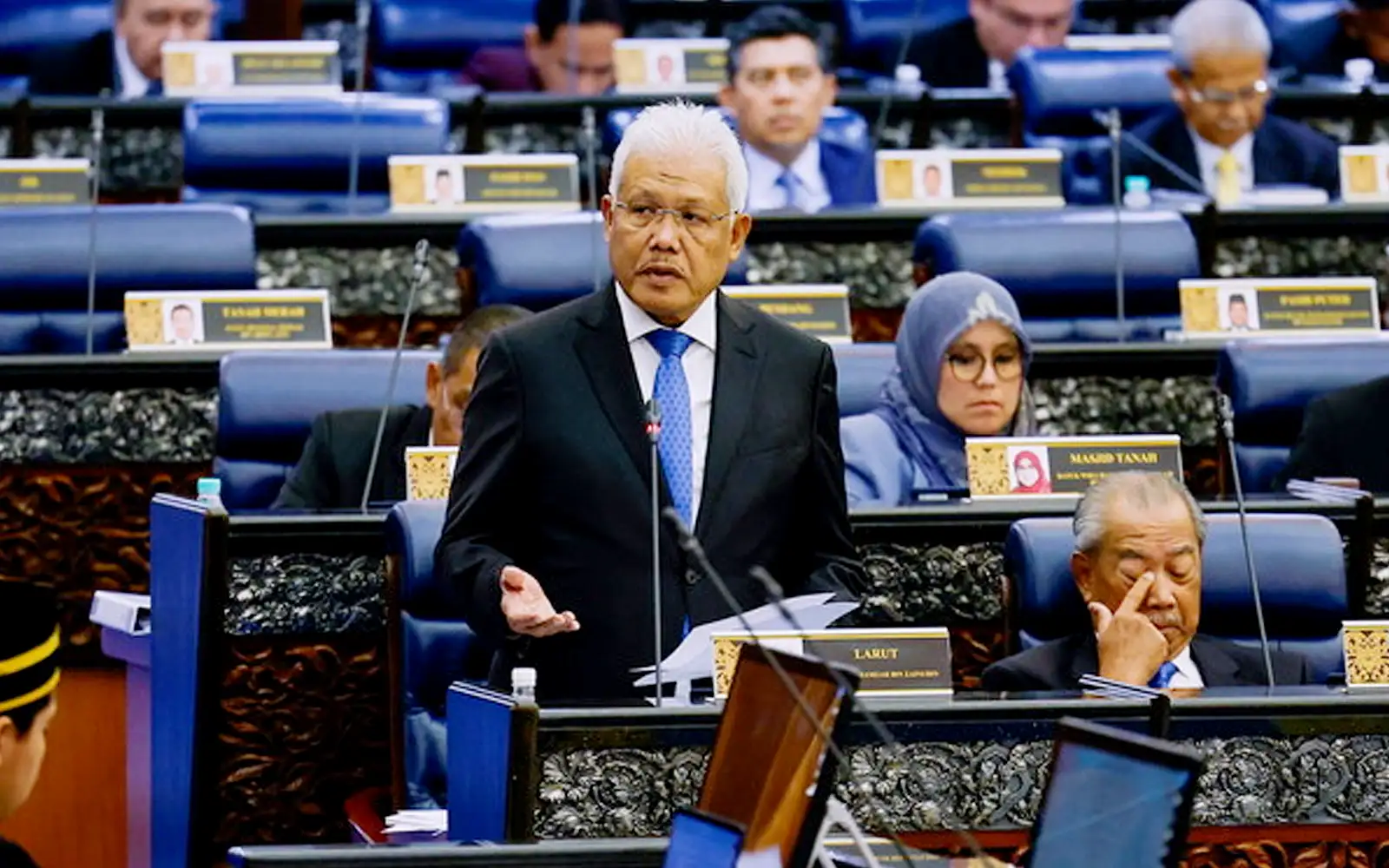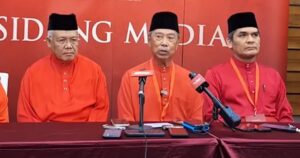
Opposition leader Hamzah Zainudin (PN-Larut) has urged the government to delay the implementation of fiscal policy changes, including the targeted RON95 subsidies, in view of the US tariffs on Malaysian imports.
Hamzah said changes to fiscal policies amid global economic uncertainty could put pressure on the economy and weaken business sentiment, which would in turn lead to consumers getting burdened by price hikes.
“I ask the government to consider delaying raising the price for RON95. The same goes for the hike in electricity tariffs in July and the expansion of the scope of the sales and service tax (SST).
“I also ask that the government postpone the purchase of 30 Boeing aircraft amid this economic uncertainty,” he said during the special parliamentary sitting on the tariffs here today.
The rationalisation of RON95 petrol subsidies, originally planned for 2024, was postponed to mid-2025, drawing criticism from various quarters over a lack of clarity in its implementation mechanisms.
In March, economy minister Rafizi Ramli said the government had yet to determine how eligibility for the targeted RON95 subsidies would be determined despite the Cabinet having reviewed four proposals.
Hamzah, the Bersatu deputy president, also suggested that a special committee be formed to discuss issues that have arisen following the tariffs announced by the Donald Trump administration.
He said this bipartisan committee should serve as a platform for both government and opposition MPs to present their views and suggestions.
He agreed with Takiyuddin Hassan’s (PN-Kota Bharu) suggestion that this committee should also include the leaders of the four PAS-led states.
“The government needs to be more open to forming such a committee because it involves national economic issues, which inadvertently means it involves all the state governments.”
The US has announced a 24% tariff on most Malaysian goods as well as a range of tariffs on about 60 countries. The tariffs have been paused for 90 days to allow for trade negotiations.
However, a 10% blanket duty on almost all US imports remains in place.
Talks with the US are ongoing, focusing on reducing the 24% rate, non-tariff trade barriers and trade imbalance between the two nations.






